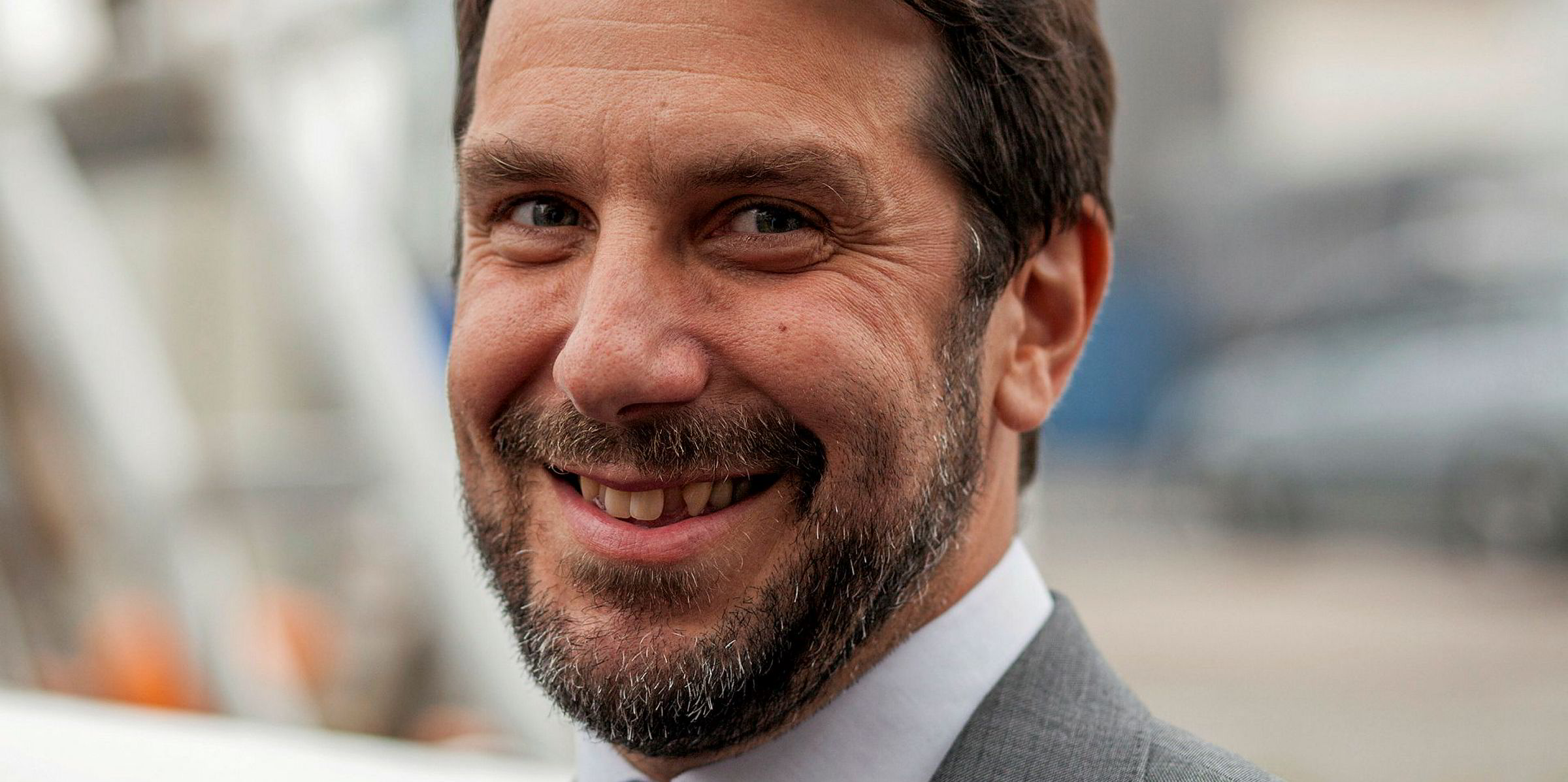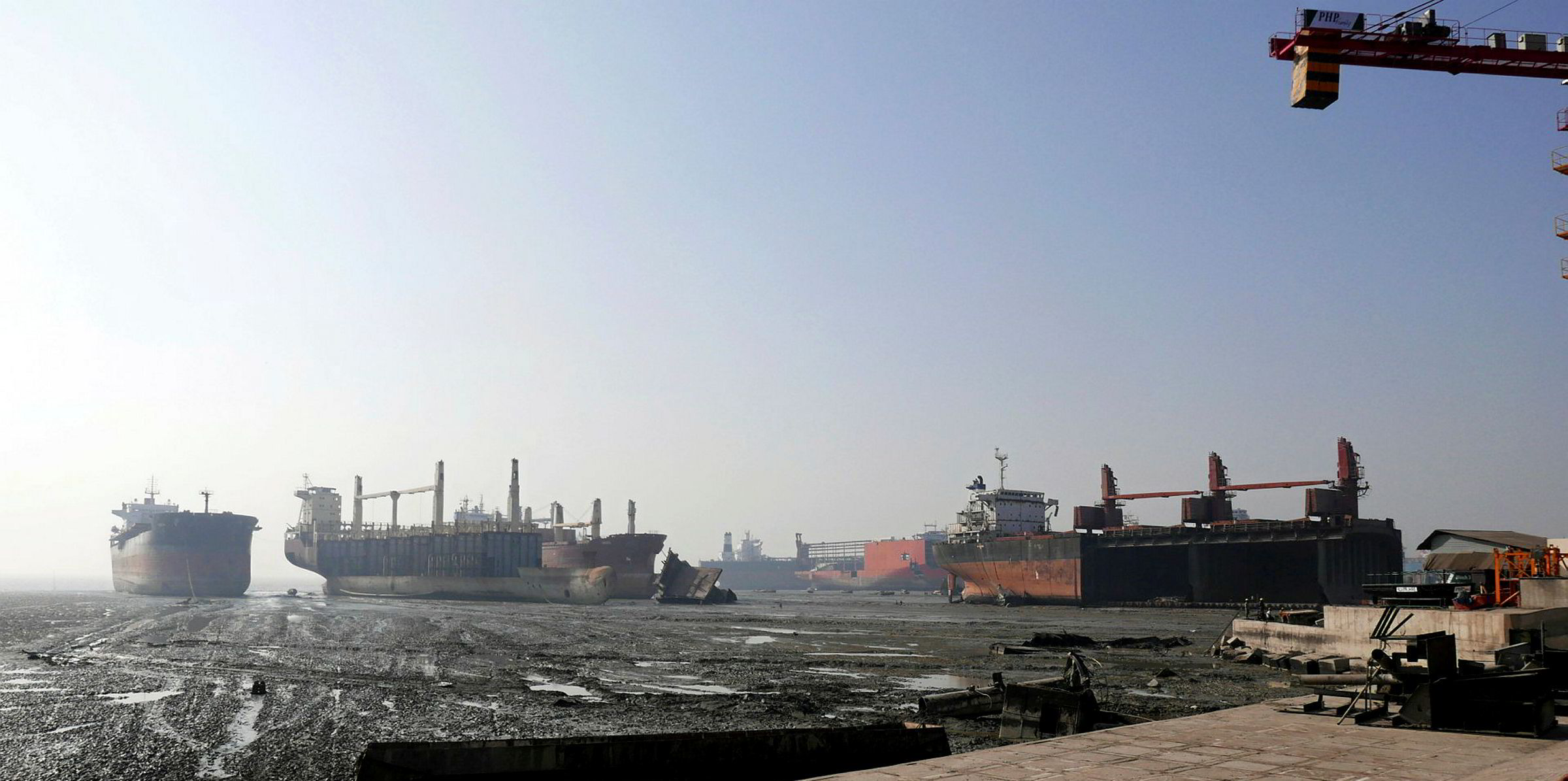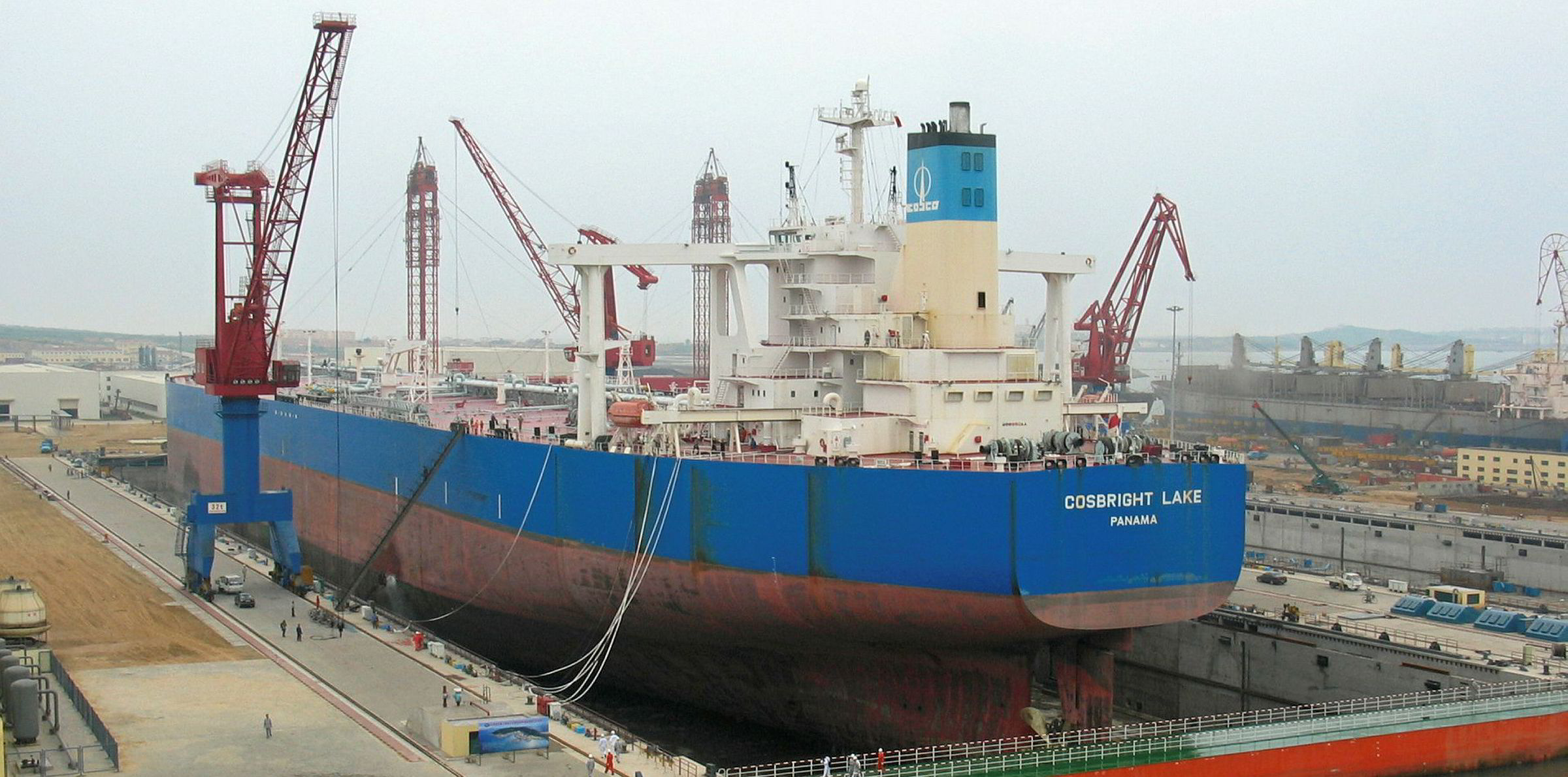IMO 2020 has gone fairly smoothly so far for big fleet operators that prepared methodically for the switch to lower-sulphur fuels, but most still expect issues to arise in time.
“Most of the vessels in our fleet have switched over to the compliant fuels well in advance of the transition date,” said Frank Coles, chief executive of shipmanager Wallem Group. “And so far, there has not been any noticeable increase in the technical issues.”
But he believes problems with the specifications of blended fuels could haunt the industry.
“It’s still early days. It’s a whole new area where we don’t fully understand or appreciate the impact of the different blended fuels on the machinery,” Coles told TradeWinds.
‘No problems — yet’
“We don’t actually know that, even if you keep buying from the same place ... you may still get a difference in the quality of fuels.
“I think there’ll be problems with compliant fuel ... but it hasn’t happened yet.”
Singapore shipowner Eastern Pacific Shipping has also reaped the benefits of being well prepared.
Chief executive Cyril Ducau told TradeWinds that its portfolio approach to fitting scrubbers on 49 of its larger vessels by 1 January, and burning low-sulphur fuel on smaller vessels with lower consumption, has paid dividends.
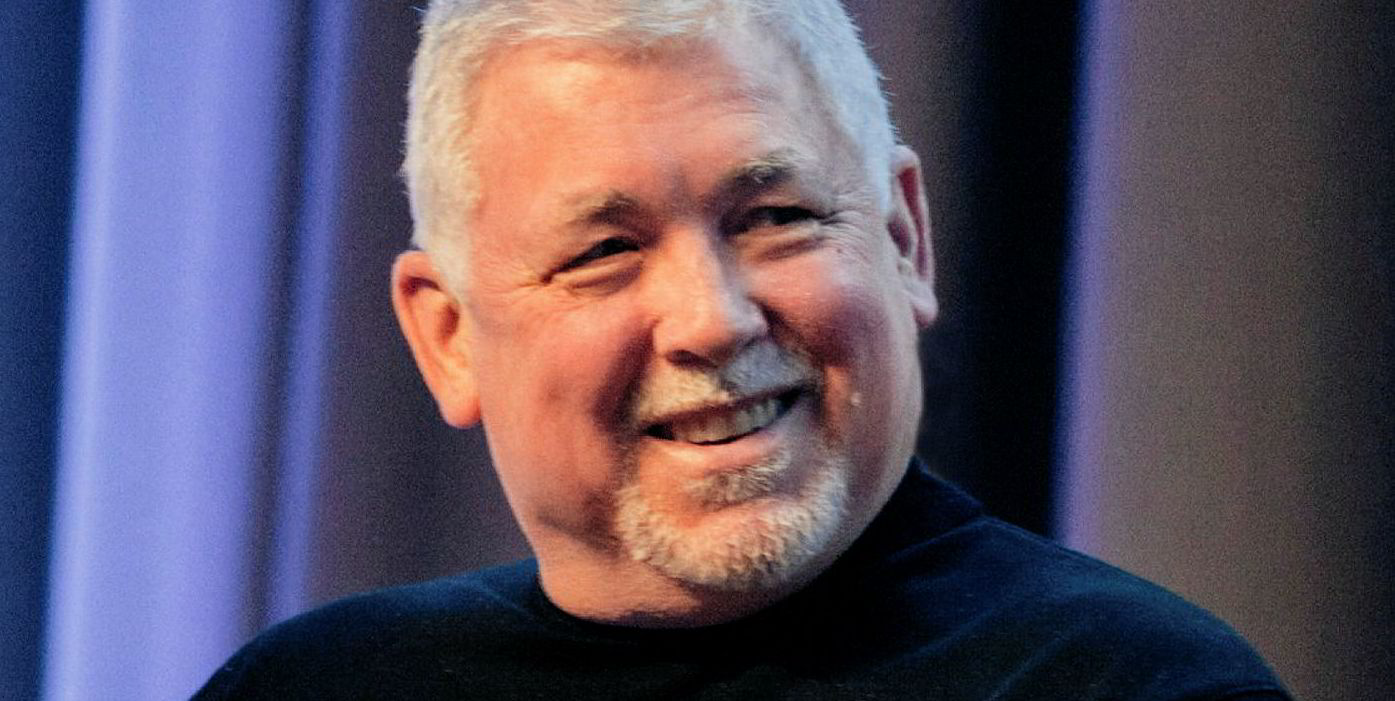
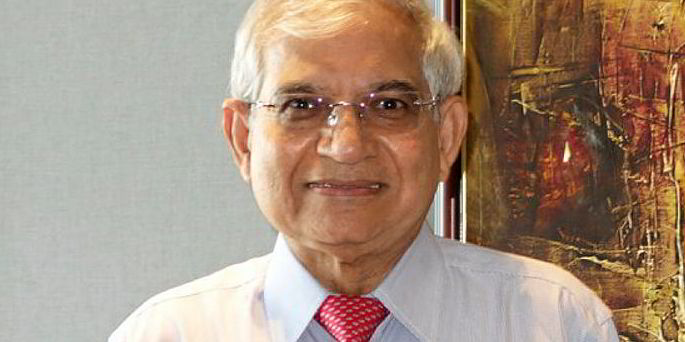
Ducau said his company has had no problems securing both types of fuel, despite severe disruption to the bunkering market.
“Bunker suppliers had to make a choice on what type of products they wanted to sell, and secure a supply chain for it. All that happened in the big rush towards 2020,” he said. “The shipping industry had 12 years to prepare for IMO 2020, but in practice, everything was done in the last 18 months.”
Eastern Pacific has committed its bunker requirements with its suppliers, in effect tendering and securing contracts for 60% of its volumes in its main bunkering port of Singapore on a Platts plus Premium basis.
Eastern Pacific has committed its bunker requirements with its suppliers, in effect tendering and securing contracts for 60% of its volumes in its main bunkering port of Singapore on a Platts plus a premium price.
‘We can rely on them’
Ducau said: “They [bunker suppliers] know the volumes we require and can build their logistics chain around it. We know we can rely on them having the supply.”
In the months prior to the IMO 2020 deadline, Eastern Pacific’s ships using low-sulphur fuel filled their tanks at each bunkering call, which meant they were all well stocked ahead of the changeover.
Kishore Rajvanshy, managing director of Hong Kong-headquartered Fleet Management, also said the transition has gone well. “What we have seen so far is rather smooth. The viability of compliance is not a big challenge,” he added.
Bunker pricing has been bumpy, although Rajvanshy predicted: “After one or two months ... the market will stabilise.”
Coles agreed: “I am sure it will settle down, but right now we are just at the beginning of the new world.”
